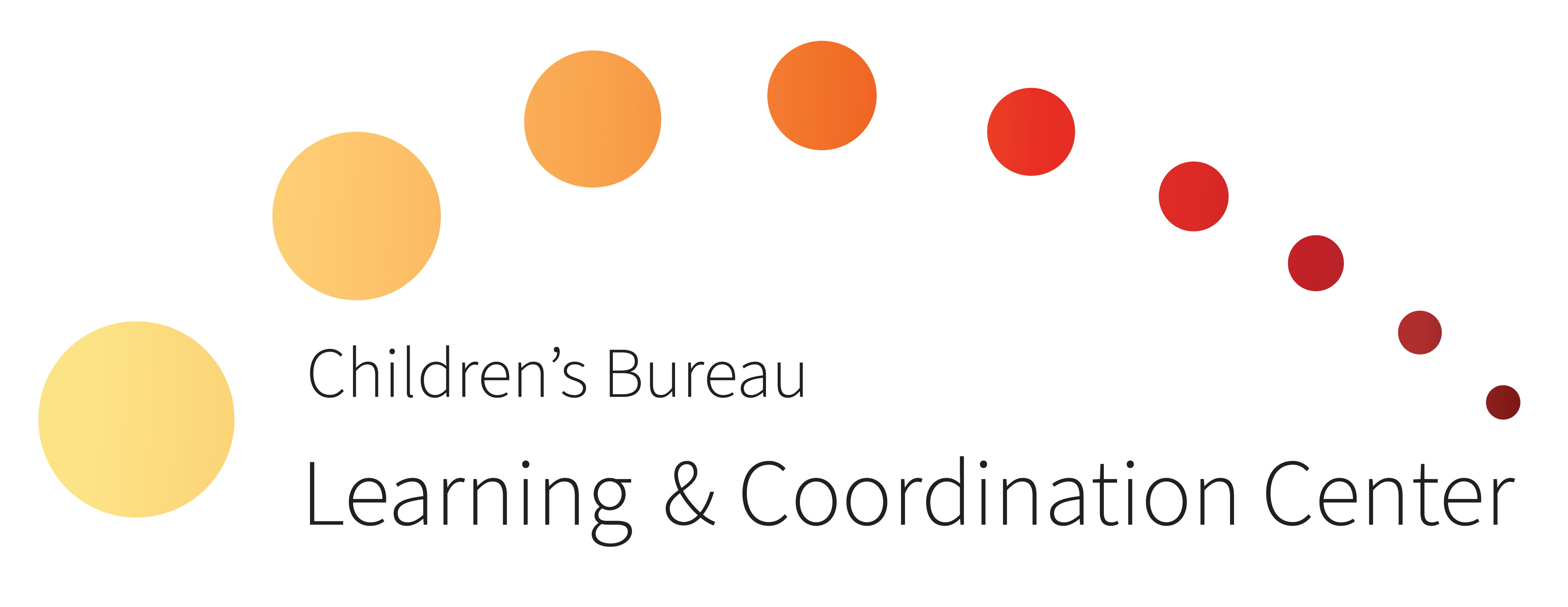Caring for Kinship Caregivers
- Home
- •
- Topic Areas
- •
- Child Welfare Innovations
- •
- Caring for Kinship Caregivers
Ana Beltran, Grandfamilies & Kinship Support Network
John Cheney Egan, Office of Cash Assistance, Illinois Department of Family Services and the Extended Family Support Program
Liliana Hernandez, Children's Bureau
In 2018, 2.7 million children were being raised in a kinship care family without a parent present – either with grandparents, aunts/uncles, siblings, or close family friends. Many of these kinship families are raising these children without the involvement of the child welfare system. Children living with relatives in kinship care, rather than foster care, experience many benefits, including more positive behavioral development, and greater placement stability. While kinship caregivers provide essential support to children, many frequently need support to carry out this added responsibility effectively. They often need help to cope with loneliness and anger, as well as assistance in navigating “the system” to obtain concrete supports, child care, affordable housing, health care, and guardianship or custody rights. Learn more about kinship care; the new Grandfamilies & Kinship Support Network; and how one state has been able to support kinship caregivers, prevent child abuse and neglect, and prevent foster care entries.

